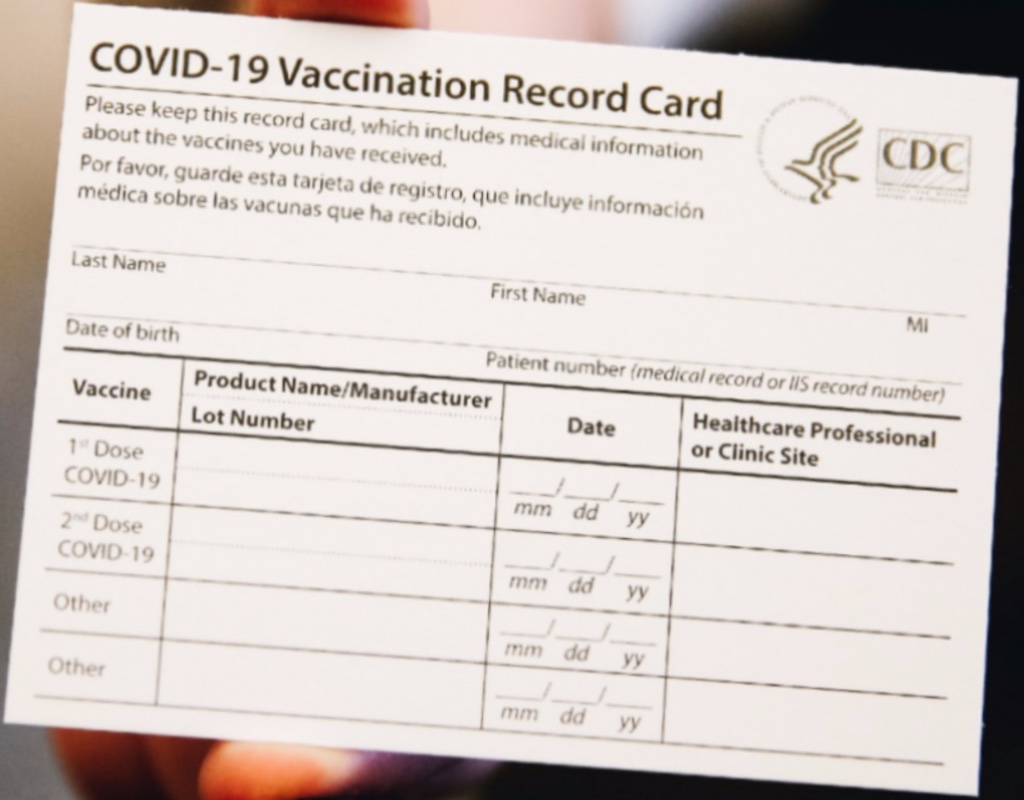
Posting Vaccination Cards on Social Media Can Pose Security Risk
Receiving the COVID-19 vaccine has become a source for bragging rights, however posting a picture of the actual card on social media poses security risks.
A vaccination card includes personal information including date of birth, date of vaccine and location of vaccine which can be used to steal your identity. Personal information can help a person gain access to your social security number, guess passwords to banking and other sensitive information and steal tax refunds.
The Federal Emergency Management Agency (FEMA) Region 3, overseeing the state of Maryland, offers an alternative to the vaccination card social media post: post a smiley photo, masked if in public, with the caption detailing why you got the vaccine.
The Federal Trade Commission suggests posting a photo of the bandage on your arm or your vaccine sticker instead.
Social media is no place for #COVID19 vaccination cards so please do not post them. You could be inviting #IdentityTheft. More: https://t.co/vK9QbdHSB8 pic.twitter.com/IoHJ0XDsSY
— FTC (@FTC) March 19, 2021
After being vaccinated, exercise caution when sharing this news on social media. Personally identifiable information, including date of birth, can be used to steal your identity. Instead, post a smiley photo (masked if in public!) with a caption detailing why you got the vaccine. pic.twitter.com/53RuZyJsZY
— FEMA Region 3 (@FEMAregion3) March 22, 2021

Engage us on Facebook
Follow us on Twitter
Tweets by @mymcmedia